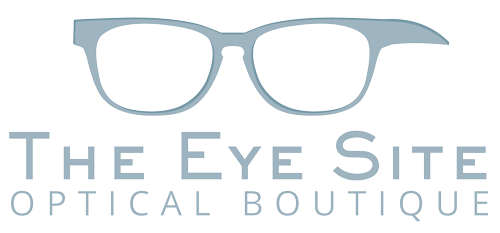
We are excited to be in the area where the April 8, 2024 eclipse will be most visible! Eclipses are exciting events, but there are safety concerns that must be taken into consideration if you’re making plans to view the eclipse.
We want to make sure that your eye sight is protected during viewing, so we’ve gathered everything you need to know right here.
What is an eclipse?
Solar eclipses occur when the moon moves between the sun and the earth. The moon causes the light of the sun to be blocked from reaching earth, casting a shadow on earth. A total solar eclipse is when the moon completely blocks the sun. The sun’s outer atmosphere (called the solar corona) glows around the moon when it is blocking the sun. A partial solar eclipse is when the moon only blocks part of the sun. Viewing a partial solar eclipse can expose your eye to the sun’s rays causing damage to the eye.

What is the safe way to view an eclipse?
During a partial or annular (ring) solar eclipse, there is no time when it is safe to look directly at the Sun without proper eye protection. View it only through special-purpose solar filters that comply with the transmittance requirements of the ISO 12312-2 international standard for filters for direct solar viewing.
Remember these tips:
•The only safe way to view the eclipse directly is through a special eclipse filter (ISO-12312-2 international standard)
•These usually come in the form of a small handheld filter or special eclipse viewing glasses
•These filters block visible light, ultraviolet radiation, and infrared radiation to a safe viewing level
•It is NEVER safe to view a partial eclipse directly without filters
•If the in path of totality, the only time it is safe to view the total eclipse without filters is when totality occurs, and make sure that you put the filters back on IMMEDIATELY as totality ends


What should you do before using your eclipse viewer?
• Check for damage
• Do not use if it is torn, dented, scratched, or falling apart. If your viewer is dirty, avoid damage while cleaning by clean with soft, nonabrasive tissue or cloth
• Do not use water, glasses cleaner, wet wipes, or other solvents or liquids on your eclipse viewer
• Reusing an old filter? Make sure it’s a modern ISO 12312-2 approved filter, they do not expire
• Store your eclipse viewer at room temperature in a protective case to prevent damage
What is NOT SAFE for viewing an eclipse?
It is NOT safe to view the solar eclipse with the naked eye! There are also many things people often believe are okay but that are NOT effective for protecting your vision while viewing an eclipse. These include:
- Sunglasses
- Smoked glass
- Photo film negatives
- X-ray films
- Polarizing films
- Natural density filters
Or - Eclipse viewers with any kind of damage.

You’ve got the essential knowledge now, to view the eclipse in the safest way possible! So get out there and have fun!

